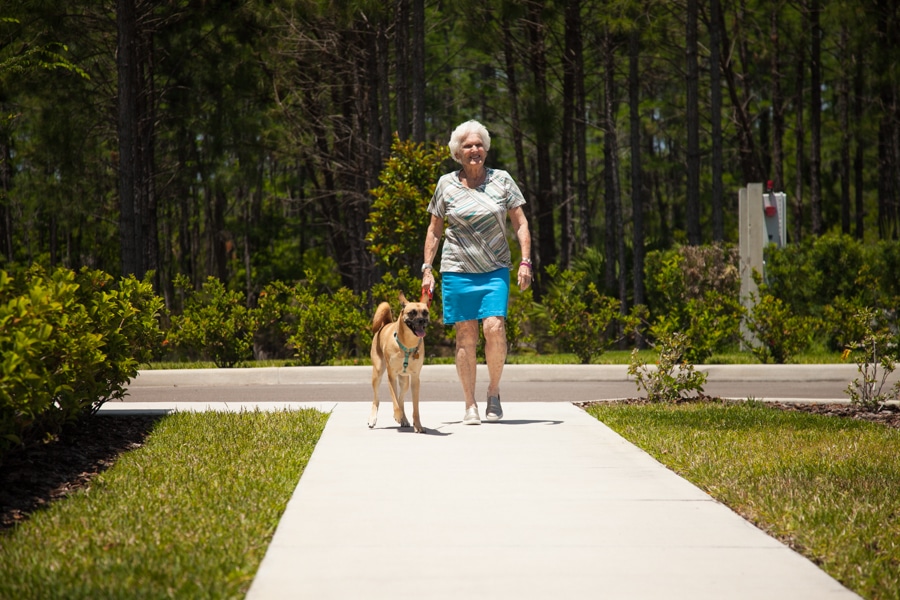In every stage of life, occupational therapy helps people develop, recover or maintain the skills they need to do meaningful and necessary daily activities. In particular, occupational therapists can help older adults overcome daily challenges caused by diminished ranges of motion and mobility. This type of treatment can help if you have pain, injury, illness, or a disability that makes it hard for you to do your job, care for yourself, complete household chores, move around, or take part in activities.
At your first appointment you will meet with a health professional called an occupational therapist who can come up with ways to change your movements so you can get your work done, take care of yourself or your home, play sports, or stay active.
Occupational Therapy help you do specific things like:
Eat without help from others
Take part in leisure activities
Do office work
Bathe and get dressed
Do laundry or clean up around the house
Through a diverse approach involving many types of activities and therapies, occupational therapists help seniors perform general activities of daily living such as household tasks and personal care that will allow them to age in place for as long as possible. To promote aging-in-place, occupational therapists can be brought in to consult on home safety. They can offer tips for making the environment safer and easier to navigate, and recommend adaptive equipment, home improvements, and instructions for eliminating environmental hazards that contribute to falls.
The Benefits of Occupational Therapy for Seniors
Overcoming daily life challenges. Occupational therapy helps seniors compensate for some of the challenges they face each day, whether it be dressing, feeding themselves, home management or participation in social activities.
Preventing falls. Falls are the leading cause of injury among seniors, and occupational therapists can help them to problem-solve the best way to stay active while avoiding falls.
Home environmental modifications. Occupational therapists can help seniors acquire devices like a bathtub bench or grab bars to make their lives easier. Seniors can learn how they can optimize their homes to promote full participation in activities of daily life.
Better health and wellness. Occupational therapy can have a positive influence on mental health and life satisfaction. Therapists provide a unique educational approach to help seniors redesign their lives to experience greater quality of life, promote longevity and a healthier lifestyle all around.
Working with caregivers. Occupational therapists can assess a families’ loved one to help the caregiver make better decisions about their loved one’s daily care needs. They alleviate some of the pressure a caregiver might feel when helping their loved one, which will allow them to separate themselves from caregiving and maintaining their own life.
Occupational therapy, while beneficial to those of all ages, is especially helpful to seniors who are regularly faced with physical, mental or psychological challenges. Therapists collaborate with both the senior and their caregivers to ensure a plan is set that works for everyone and allows all involved to reach their own individual goals.
Maintaining independence as long as possible is a major goal as people get older. A dedicated occupational therapist can help anyone stay active, safely do daily tasks and maintain a healthy lifestyle. If you think you, your parent or loved one could benefit from occupational therapy please contact us.






